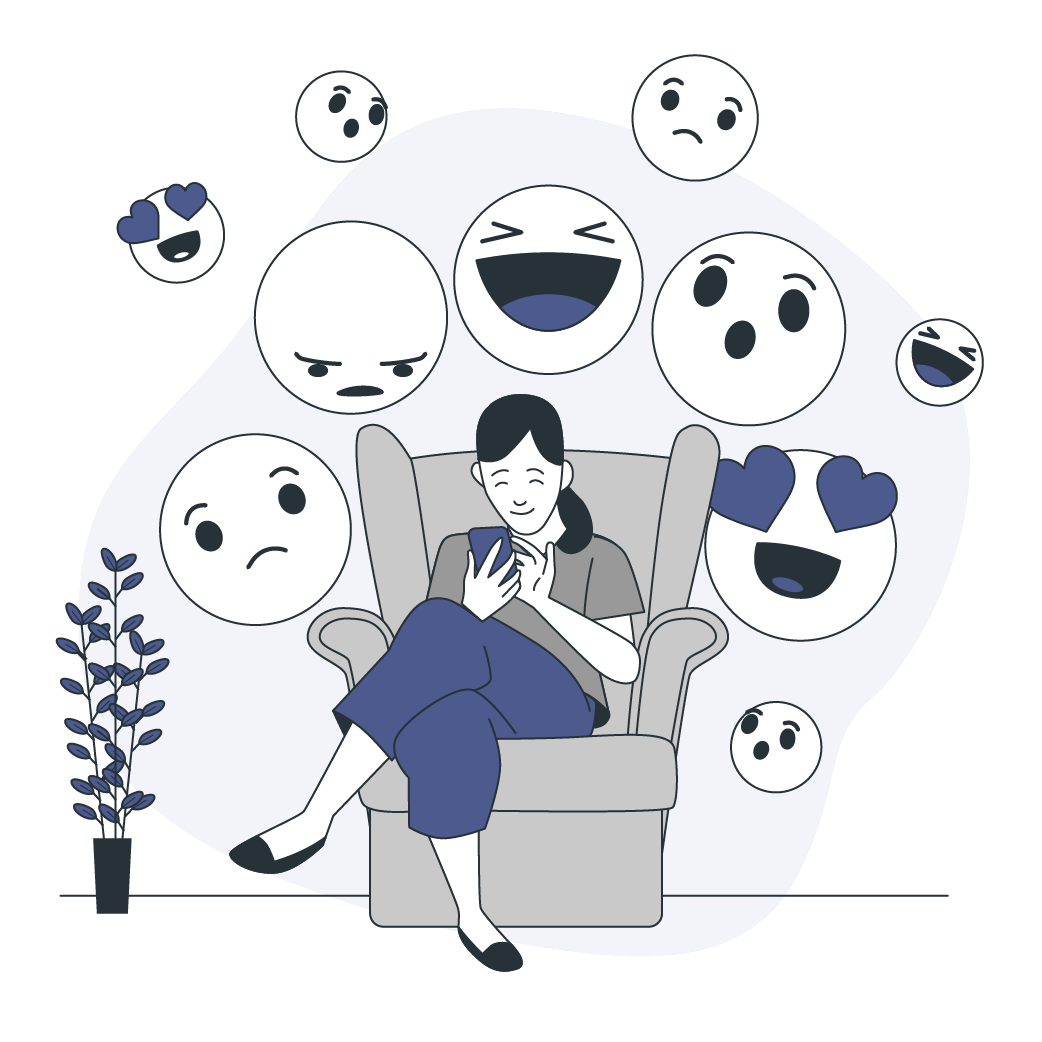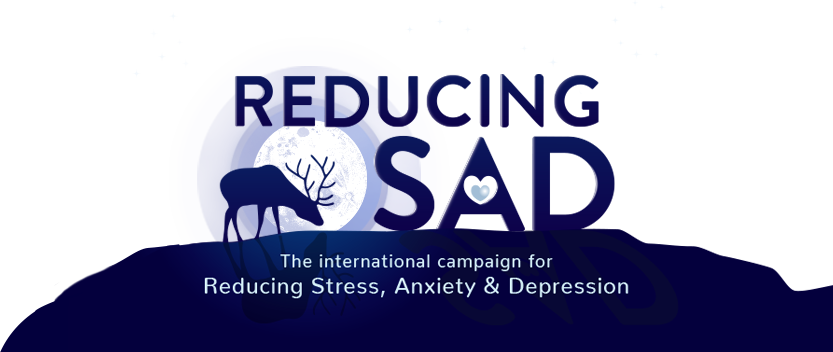Why take a preventative approach to SAD?
Stress, anxiety and depression are a natural part of life. Like all feelings and moods, it’s likely they have conferred, in our ancestral past, some kind of evolutionary benefit. For this reason, depending on the genes we’ve inherited, some of us may be more prone to them than others.
Feeling stressed, anxious or depressed, now and then, is all part of life’s rich tapestry of emotions. We can be mentally healthy and still experience these feelings, albeit less frequently, less intensely and for shorter periods of time than would be applicable for a clinical diagnosis of stress, anxiety or depression (which we refer to collectively as SAD). Mental unwellness arises when we feel overwhelmed by SAD.
SAD is part of our evolution

This gives us good reason to suppose that equipping ourselves from the outset with knowledge and skills with which we can manage our thoughts, feelings and moods will provide a protective factor that reduces the likelihood of experiencing SAD intensely, frequently or at all.

